Literature, Life, and Modernity
COLUMBIA THEMES IN PHILOSOPHY, SOCIAL CRITICISM, AND THE ARTS
COLUMBIA THEMES IN PHILOSOPHY, SOCIAL CRITICISM, AND THE ARTS
Lydia Goehr and Gregg M. Horowitz, Editors
ADVISORY BOARD
| J. M. Bernstein | Eileen Gillooly |
| Nol Carroll | Thomas S. Grey |
| T. J. Clark | Miriam Bratu Hansen |
| Arthur C. Danto | Robert Hullot-Kentor |
| Martin Donougho | Michael Kelly |
| David Frisby | Richard Leppert |
| Boris Gasparov | Janet Wolff |
Columbia Themes in Philosophy, Social Criticism, and the Arts presents monographs, essay collections, and short books on philosophy and aesthetic theory. It aims to publish books that show the ability of the arts to stimulate critical reflection on modern and contemporary social, political, and cultural life. Art is not now, if it ever was, a realm of human activity independent of the complex realities of social organization and change, political authority and antagonism, cultural domination and resistance. The possibilities of critical thought embedded in the arts are most fruitfully expressed when addressed to readers across the various fields of social and humanistic inquiry. The idea of philosophy in the series title ought to be understood, therefore, to embrace forms of discussion that begin where mere academic expertise exhausts itself, where the rules of social, political, and cultural practice are both affirmed and challenged, and where new thinking takes place. The series does not privilege any particular art, nor does it ask for the arts to be mutually isolated. The series encourages writing from the many fields of thoughtful and critical inquiry.
LYDIA GOEHR AND DANIEL HERWITZ, eds.,
The Don Giovanni Moment: Essays on the Legacy of an Opera
ROBERT HULLOT-KENTOR,
Things Beyond Resemblance: Collected Essays on Theodor W. Adorno
GIANNI VATTIMO,
Arts Claim to Truth, edited by Santiago Zabala, translated by Luca DIsanto
JOHN T. HAMILTON,
Music, Madness, and the Unworking of Language
STEFAN JONSSON,
A Brief History of the Masses: Three Revolutions
LITERATURE, LIFE, AND MODERNITY
Richard Eldridge
COLUMBIA UNIVERSITY PRESS  NEW YORK
NEW YORK
Columbia university Press
Publishers Since 1893
New York Chichester, West Sussex
cup.columbia.edu
Copyright 2008 Columbia University Press
All rights reserved
E-ISBN 978-0-231-51552-8
Library of Congress Cataloging-in-Publication Data
Eldridge, Richard Thomas, 1953
Literature, life, and modernity / Richard Eldridge.
p. cm.(Columbia themes in philosophy, social criticism, and the arts)
Includes bibliographical references and index.
ISBN 978-0-231-14454-4 (cloth: acid-free paper)
ISBN 978-0-231-51552-8 (e-book)
1. LiteraturePhilosophy. 2. European literatureHistory and criticism.
3. Literature and society. I. Title. II. Series.
PN49.E43 2008
801.3dc22 2008001172
A Columbia University Press E-book.
CUP would be pleased to hear about your reading experience with this e-book at .
Not for these I raise
The song of thanks and praise;
But for those obstinate questionings
Of sense and outward things,
Fallings from us, vanishings;
Blank misgivings of a Creature
Moving about in worlds not realized,
High instincts before which our mortal Nature
Did tremble like a guilty Thing surprised:
WILLIAM WORDSWORTH, Ode: Intimations of Immortality
from Recollections of Early Childhood (1807)
Ah! As I listened with a heart forlorn,
The pulses of my being beat anew:
And even as Life returns upon the drowned,
Lifes joy rekindling roused a throng of pains
SAMUEL TAYLOR COLERIDGE, To William Wordsworth:
Composed on the Night After His Recitation of a Poem
on the Growth of an Individual Mind (1807)
The poem of the mind in the act of finding
What will suffice. It has not always had
To find: the scene was set; it repeated what
Was in the script.
Then the theatre was changed
To something else. Its past was a souvenir.
It has to be living, to learn the speech of the place.
It has to face the men of the time and to meet
The women of the time. It has to think about war
And it has to find what will suffice.
WALLACE STEVENS, Of Modern Poetry (1940)
Contents
This book has been fortunate in the many circumstances that occasioned it and in the comments and conversations that contributed to its development. I am grateful to many friends, readers, and interlocutors for their good will, insights, and friendship.
In conversations beginning around their editing of The Literary Wittgenstein, Wolfgang Huemer and John Gibson prompted me to begin thinking and writing more directly about the nature of distinctively literary achievement than I had done in the past. On one or another occasion, either in Philadelphia or in Erfurt, Germany, I talked with John, Wolfgang, or both about almost everything written in the analytic philosophy of literature in the last ten or so years. These conversations were invaluable for the direction of my work. Wolfgang then invited me to spend a semester at the University of Erfurt, where I taught a seminar on the philosophy of literature with Wolfgang present. Wolfgang visited Swarthmore nine months later, where we taught the philosophy of literature together for six weeks and I had the pleasure of hearing his lectures. In both settings, we talked several times a week about recent professional philosophical work on cognition, morality, and the uses of literature, and reflections of these conversations run continuously through this book. I also found in Erfurt extraordinarily congenial colleagues in Alex Burri, Carsten Held, Christian Beyer, Winfried Franzen, and Jan-Hendrik Heinrichs, in addition to Wolfgang Huemer. I cannot imagine a happier and more supportive environment in which to do philosophical work. In addition, Wolfgang Huemer and Alex Burri organized a conference on literature and cognition in Erfurt during my visit. I was able there to present an early version of part of and to enjoy the presentations of and discussions with Bernard Harrison, John Gibson, Wolfgang Huemer, Luca Pocci, Catherine Elgin, Christiane Schildknecht, Alex Burri, Gottfried Gabriel, Peter Lamarque, and Joachim Schulte.
Thanks to Bettina Menke, I was able to present an early version of to the Faculty for General and Comparative Literature. Comments from Bettina Menke and Holt Meyer about the singularity of the exemplary work of literature and the nature of the literary experience have been much on my mind in subsequent writing and rewriting, and Bettina Menke helpfully corrected some points about Sebald. Reading Christoph Menkes account in Die Souvernitt der Kunst of Kafkas literary achievement together with a subsequent conversation with him in Erfurt about this account also substantially shaped my thinking.
A yet earlier version of was presented at a seminar on Philosophy and Literature, sponsored by the Philosophical Society of Finland and organized by Martha Nussbaum. There I was also fortunate to be able to talk about subject development with Jonathan Lear and about romanticism and modernity with Josef Frchtl. This earlier version subsequently appeared in Visions of Value and Truth: Understanding Philosophy and Literature, ed. Floora Ruokonen and Laura Werner (Helsinki: The Philosophical Society of Finland, 2006), 1329.
A somewhat later version was then presented as a lecture to the philosophy department of Purchase College of the State University of New York, where during both a wonderful general discussion and dinner I learned from and was encouraged by Casey Haskins, Morris Kaplan, Jennie Uleman, and Frank Ferrell.
Next page
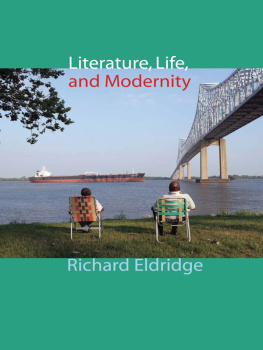

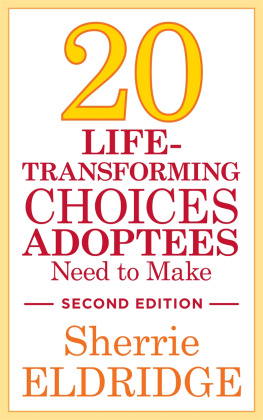
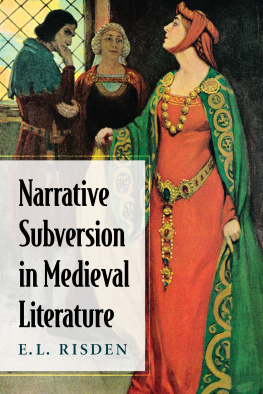
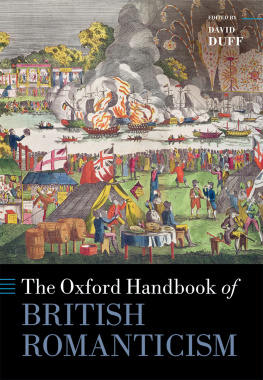

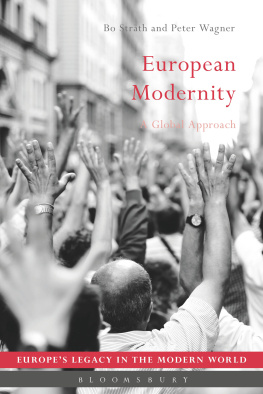
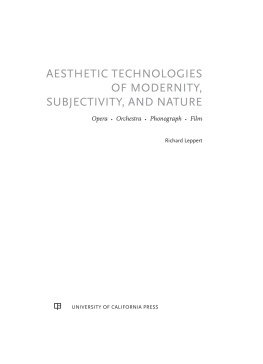
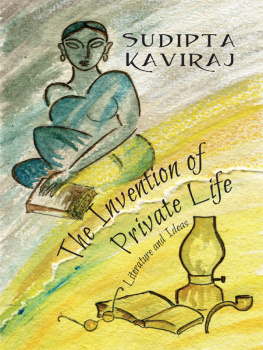
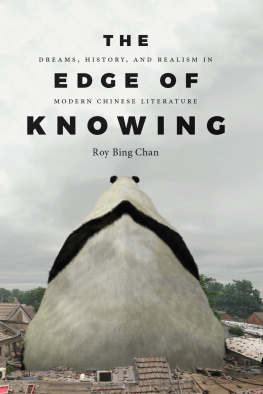

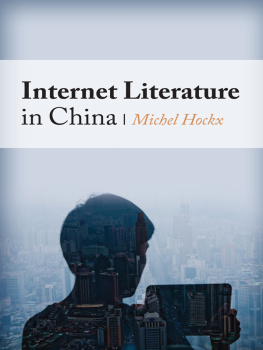
 NEW YORK
NEW YORK